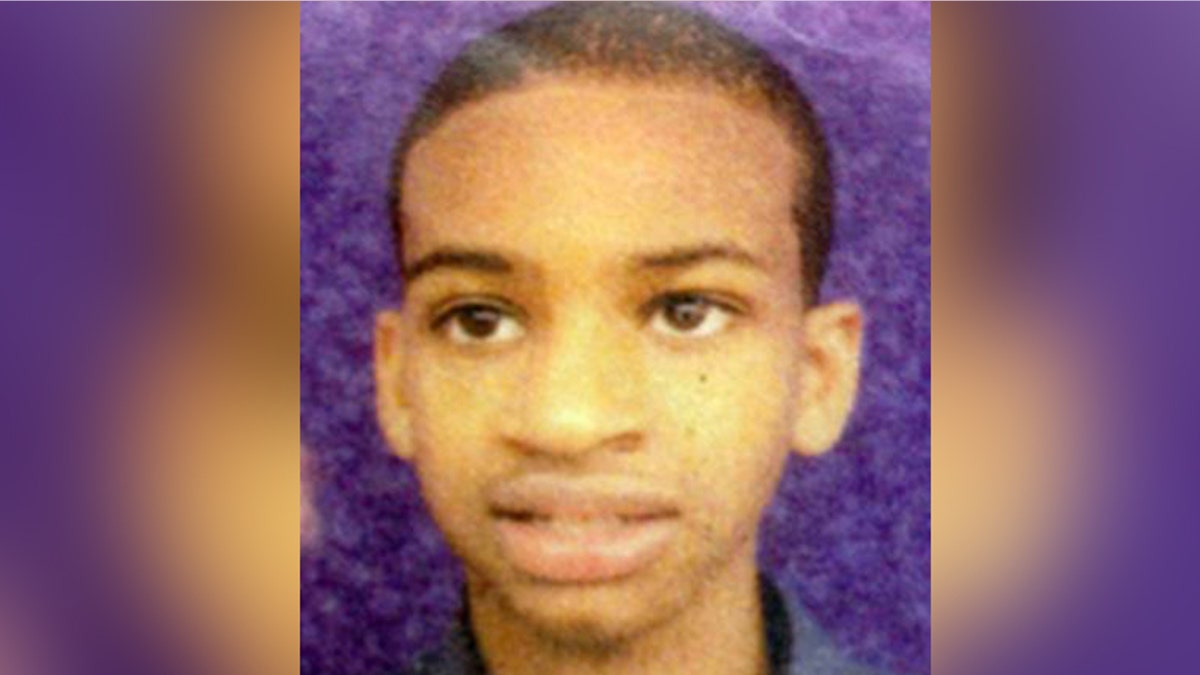
This image provided by the National Center for Missing & Exploited Children shows an undated photo of Avonte Oquendo who was last seen on a school surveillance video leaving the Center Boulevard School in Long Island City, Queens, around 12:30 p.m. Friday Oct. 4, 2013. (AP Photo/National Center for Missing & Exploited Children)
In the midst of all the health news today, I want to bring our attention back to Avonte Oquendo, the missing 14-year-old autistic boy who was last seen leaving his school in Queens, New York 17 days ago.
It boggles my mind that we have not been able to find this child, even with every effort being made by the police, Avonte’s family and friends, and the dozens of volunteers who have been walking the streets of New York City for the past few weeks.
Where is this boy? How could he disappear so easily without anyone noticing anything?
What we know so far is that Avonte has autism and that he has significant communication problems, including an inability to communicate verbally – a trait not uncommon among children with autism spectrum disorders. Autism affects one in 88 children in this country, and 40 percent of those children are non-verbal, according to the National Autism Association.
One of the biggest nightmares that any family could face is losing contact with their autistic child.
Statistically, many autistic children tend to wander off, not because they want to, but because sometimes their inquisitive imaginations lead them to stray without realizing that they are getting lost.
Nearly half of children with autism spectrum disorders will attempt to wander off from a safe environment – a rate that is four times higher than their non-autistic siblings, according to a 2011 report from the Interactive Autism Network and the Kennedy Krieger Institute.
As autistic children get older and become teenagers, they grow even more inquisitive, further increasing their risk for wandering off. Parents and schools need to realize this and take action to prevent this from happening.
As many of you know, I have an autistic son, Ryan, so this story really resonates with me. As a parent, I’ve always known that I would have to face the fact that my son would encounter many risks growing up. While you can never have a safety net that’s 100 percent effective, parents of autistic children can – and should – do a few things to help protect their children.
One step I took to protect Ryan was to register him with the county police, where his fingerprints, picture, and DNA were recorded. Second, I made sure that many people in our town knew who Ryan was and made them aware of his challenges. I also made sure that from a very early age, Ryan became familiar with his home address, phone number, date of birth and his family member’s names, until I was certain that he knew them extremely well.
Sometimes when I drove with Ryan around our town, I would pretend to get lost, and I would ask him to help me with directions. In order to familiarize him with landmarks, I would sometimes make wrong turns on purpose until he would correct me and say, “Dad, you should have made a right a few blocks ago.”
Parents must stay familiar with the way their child is evolving. And as I mentioned in a previous story, regarding a similar case in which a little boy got lost in the Bronx, if your child has poor communication skills, you have to consider electronic devices that could help track him or her down if they ever wander off.
The point of the matter is, you cannot take anything for granted.
I pray to God that they find this child and that he is protected. The day that he disappeared, October 4, was the celebration of St. Francis of Assisi, the man who taught the world that we need to take care of each other, that we need to love God, and we have to help those in need.
I hope that the world focuses on that message and helps to bring this child home.








































